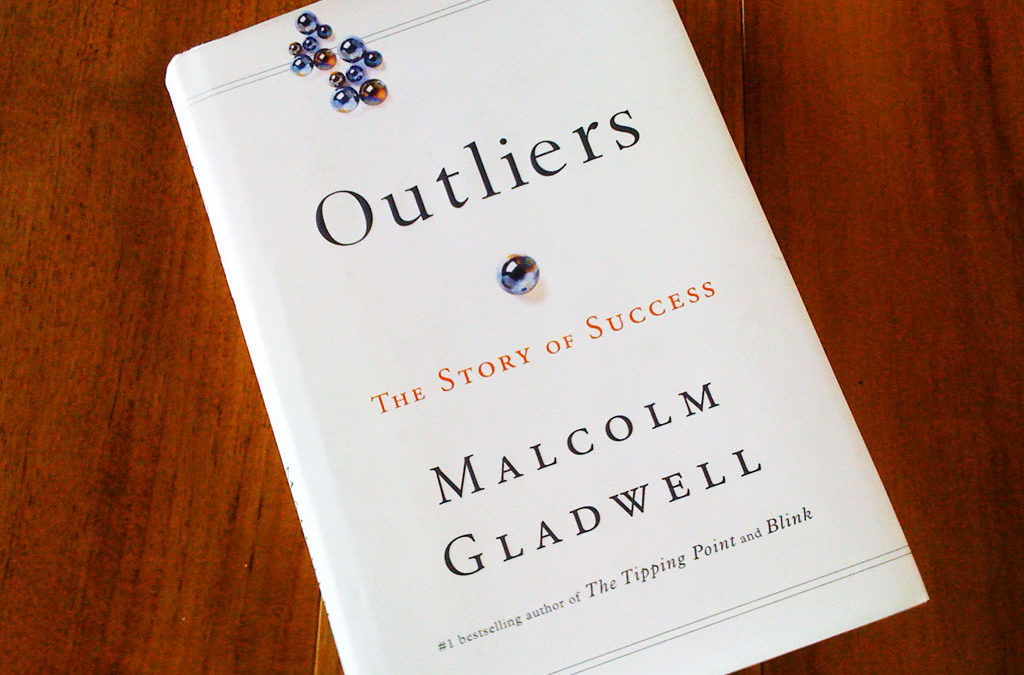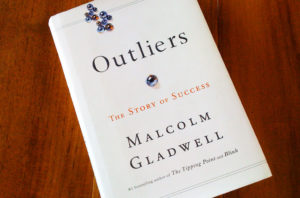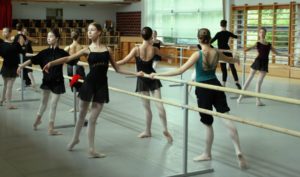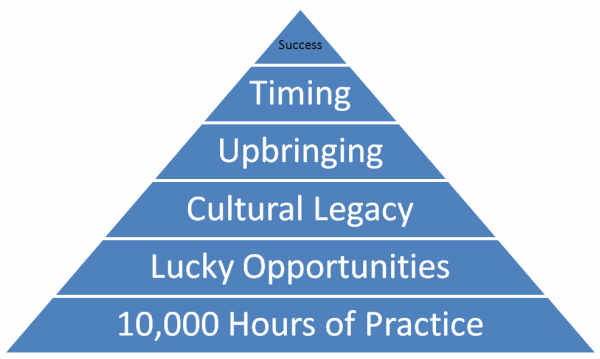As a MMA coach, I get exposed to different individuals all the time who want to compete in Mixed Martial Arts. The most common question relates to fighting professionally – specifically “how long does it take?”
I really hate this question because it shows me that the student is focusing on the wrong thing. And for me to fix it, it will require me to get in there and try to change the students beliefs (everyone knows hard it is to change another person’s mind).
The correct question is “How can I develop Black Belt skills?” or “What can I do to become a better fighter?” After all, if you are truly a better fighter than the guys in the UFC, then you’ll probably be in the UFC soon. Similarly, if you are effortlessly dominating all the Brazilian Jiu Jitsu Blue Belts, you would be a Blue Belt. There is an unhealthy fixation on getting the opportunity rather than being ready for the opportunity when it comes.
The second reason I hate this question is because the *real* answer is “It Depends” and this sounds like a cop-out answer.
Depends on what? Simple – how fast the student can acquire new skills.
Some students come in already in great shape. Because of this, they can focus more on the techniques and train longer periods. Some students come in with years of experience in athletic coaching environments. They know how to take coaching and criticism and apply it to their training. Some students are able to train everyday because of less time commitments. They can simply be training more. Etc. Etc.
So it depends. There is no set answer because at least 50% of the success equation is the student! But OVERALL, the primary reason I hate this question is that it forces the student into a hard gut check (which they might not be ready for).
Malcolm Gladwell popularized the concept of 10,000 hours in his bestselling book, Outliers. The book points out that all masters of their fields have practiced their art for 10,000 hours. He uses examples from music (The Beatles) to sports to computer programming (Bill Gates) to show this near-universal coincidence in the lives of these people. It boils down to a simple, yet sometimes hard-to-accept concept, it takes a lot of practice to become good at something.
Sukiyabashi Jiro, is a 3-Michelin Star Chef, who has Spent His Entire Life Mastering One Aspect of Japanese Cuisine – Sushi
This concept has been discussed and dissected over the years so its important to clarify what exactly I take it to mean.
I won’t become the next Michael Jordan even if I practice basketball for the next 10,000 hours. However, whatever talent I actually have will be honed to a mastery level by that 10,000 hours. You’ll still bump up against your genetics eventually – but you won’t know where that line is until put in thousands of deliberate practice hours.
Secondly, 10,000 hours is not set in stone. Different activities require different amounts of practice. Some activities have more of a genetic component than others. Studies have shown that an activity like golf requires more training than one like high jump. An activity like ballet is naturally more foreign to humans than sprinting.
Studies of International-level wrestlers indicates approximately 6000 hours of training prior to reaching the world stage. This comes out to 20 hours of training a week for about 6 years. Or 15 hours of training per week for about 8 years.
The 10,000 Hours Reality Check
It is very hard for the modern person, in the “hack” mindset, to accept that it takes a long time to become good at something.
Each individual martial art is arguably infinite. To try gain mastery of each individual component, and then mastery of the combination of each component is a daunting task – and probably impossible.
For the aspiring Mixed Martial Artist, think of the numbers:
If it takes ~6000 hours to reach a world-class level in wrestling, and you’re training 15 hours per week, you’re looking at 7.7 years of training every week to have the requisite amount of training of an expert in WRESTLING.
Now add in Jiu-Jitsu and Muay Thai, all of a sudden you’re looking at an additional 12,000 hours and 15.4 more years. So 23.1 years of training to become an “expert” in all three of the major MMA styles. If your body hasn’t completely shut down by now, then its time to start mixing it all together and becoming a true Mixed Martial Artist. THE MATH DOESN’T MAKE SENSE.
You’ll always be fighting against the clock to get the requisite skill sets.
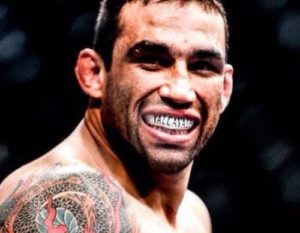
Fabricio Werdum is the only person ever to win Brazilian Jiu-Jitsu World title at the Black Belt level, an ADCC No-Gi Championship, and a UFC Belt. And 2 of these accomplishments are very similar – ADCC & BJJ.
Scarcity of Deliberate Practice Coaches
The other issue with 10,000 hours is that it’s not just about time. You need to be putting in deliberate practice into that time.
Deliberate Practice is defined as “a highly structured activity engaged in with the specific goal of improving performance.” This type of practice is way different than just playing for fun. 10,000 hours of basketball time, playing HORSE or playing pickup games with his friends, is not the same training as that of an aspiring NBA Superstar, who has been getting coached and critiqued from Grade School upwards.
Coaches and instructors who have the requisite expertise in their field AND the ability to pass on that expertise to their pupils are rare. Lots of people can ‘competently’ coach little league t-ball league, a small minority can coach a successful high school team, and very few individuals can coach a professional Major League Baseball team. This same pattern can be found across all teaching environments.

Chuck Noll coached his NFL football team to 4 Superbowl Championships. Although the average NFL coach makes 4.8 million a year, the list of people qualified to coach at that level remains small.
How does this relate to Martial Arts?
Be patient! Work on developing your skills and abilities first. Enjoy the journey and the training.
Know what you’re getting yourself into. If your goal is to reach the highest level of a sport, you have to approach your training with that same level of professionalism and realistic expectations. The movie character that starts training and becomes one of the best guys in the world a few months (and a montage) later can only be found in the movies.
Make sure you find a competent coach and instructor. The #1 undeniable proof of the school’s teaching ability is its students. If there are no students that have reached a high level competitively – it should raise red flags. While not everyone wants to compete, there are always some that do – and if a school has NO successful competitors, you should be as wary of that school as one that has ONLY competitors.
Although this concept of 10000 hours seems discouraging, you’ll be able to find more opportunities to hit these hours due to the Snowball or Multiplier Effect. If circumstances don’t allow you to train as much as you would like, do the best with the time you have. As President Teddy Roosevelt said, “Do what you can, with what you have, where you are.” You’ll be able to train more as time goes on due to the Multiplier Effect.
The only way you’ll be able to stay focused on such a long term goal is to keep the right mindset. In fact, I wrote an article about it – check it out here… https://www.crazy88mma.com/2015/09/17/without-this-mindset-youll-never-make-it-at-crazy-88/
